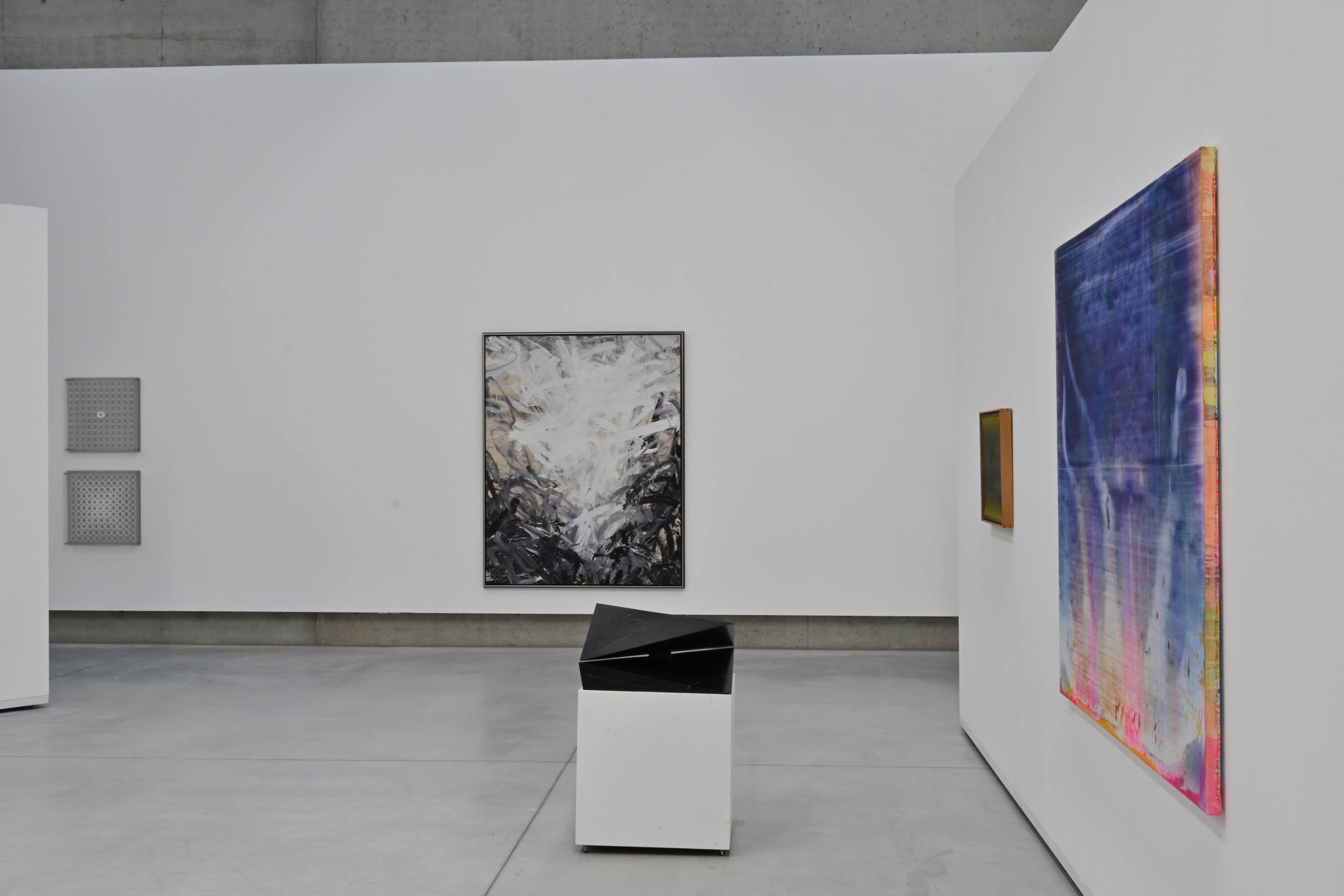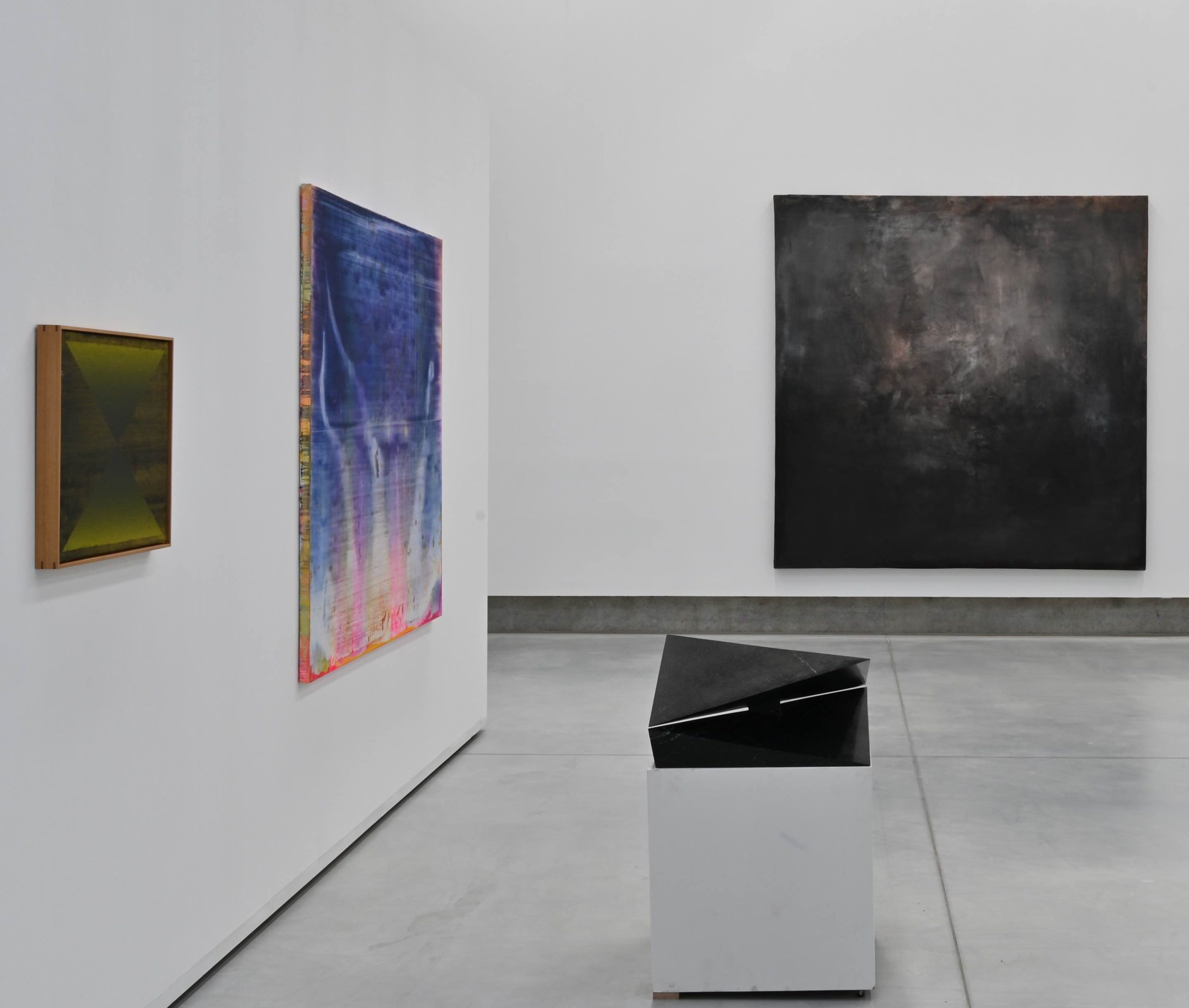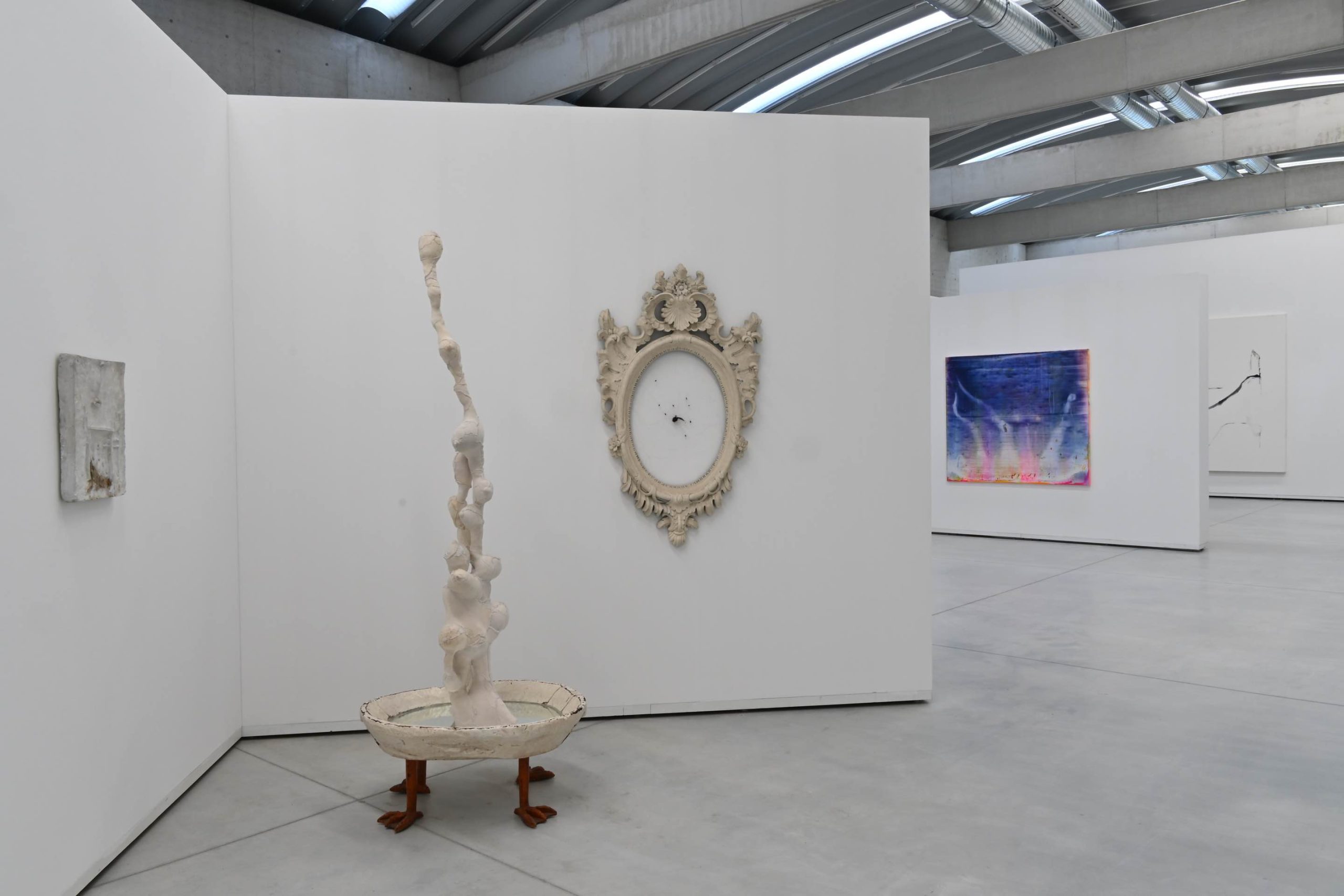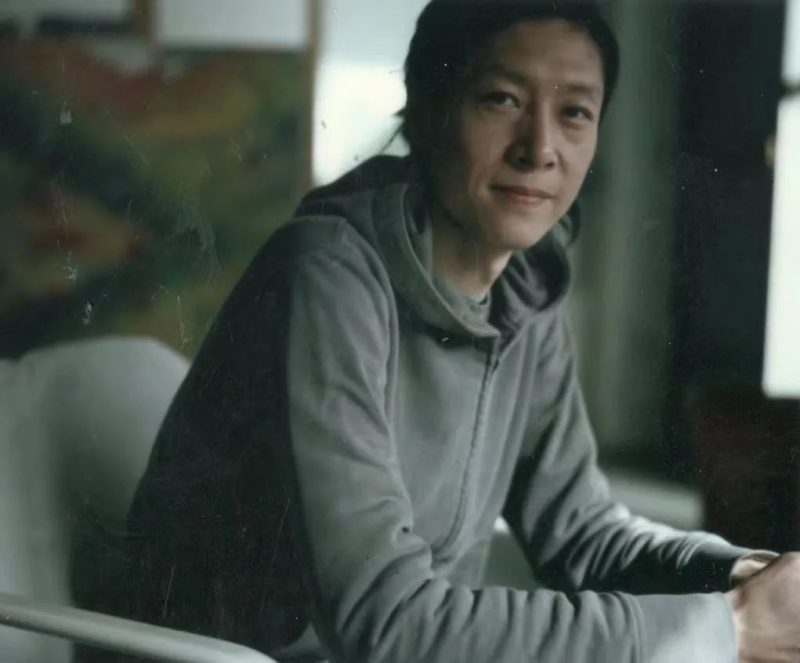Follow the Rabbit
Group Exhibition, HE Wei
Museum Liaunig, Austria
In 2023, the Liaunig Collection is showing a new side by opening the door to the Far East and presenting itself in juxtaposition with contemporary Chinese art. The Year of the Rabbit – according to the Chinese lunar calendar – is intended to invite visitors to embark on a journey in which they follow the rabbit down its hole, in a reference to Lewis Carroll’s tale Alice’s Adventures in Wonderland,¹ in order to engage with a new world within.
In addition to the highlights of contemporary artworks from the Liaunig Collection, pieces by 28 Chinese artists will be integrated into the main exhibition and are intended to achieve a new way of looking at the museum’s own collection. Through a juxtaposition, in some cases of single or multiple works, each by an Austrian or European artist and a Chinese artist, a discourse is created – breaking down the conventional view from the perspective of Western aesthetics. Some characteristics become more visible when juxtaposed with a Chinese work rather than when viewed in isolation or alongside works by contemporaries from the same culture. Other features find a complement in their forms when viewed in the new context.
The goal is to gain a new perspective on one’s own tradition and on the works of the Liaunig Collection through emerging parallels – or incompatibilities – between the pieces from the two cultures. In this context, the focus is on the approach to the work as well as the basic aesthetic understanding, culturally based on different roots in Asia and the West.
According to the criteria of five loosely chosen categories, individual snapshots will be picked out and illustrated in the exhibition. The selection of Chinese works from the period 2008 to 2022 reveals the multi-layered and dynamic development of visual art in China.
¹ With a few exceptions, the works from the Liaunig Collection were selected for the most part from the 1960s to the present and cover a comparable framework of development as the approximately 40 Chinese works.
Artists: Marc Adrian, Siegfried Anzinger, Claus Mayrhofer Barabbas, Alfredo Barsuglia, Wolfgang Becksteiner, Birdhead (Song Tao und Ji Weiyu), Herbert Brandl, Cai Dongdong, Friedrich Cerha, Chen Shuo, Chen Yujun, Cui Guotai, Gunter Damisch, Dong Wensheng, Peter Dörflinger, Loys Egg, Wolfgang Ernst, Judith Fegerl, Johann Feilacher, Feng Lianghong, Tone Fink, Frederik Foert, Adolf Frohner, Clemens Fürtler, Bruno Gironcoli, Franz Graf, Guan Yinfu, Alfred Haberpointner, Ilse Haider, Fritz Hartlauer, Uwe Hauenfels, He Wei, Wolfgang Herzig, Huang Min, Othmar Jaindl, Franco Kappl, Alfred Klinkan, Edgar Knoop, Kurt „Kappa“ Kocherscheidt, Kiki Kogelnik, Peter Kogler, Cornelius Kolig, Peter Krawagna, Suse Krawagna, Maria Lassnig, Franz Lerch, Li Hui, Liang Yue, Li Qing, Christoph Luger, Markus Lüpertz, Ma Jun, Ma Jia, János Megyik, Alois Mosbacher, Gerhardt Moswitzer, Osamu Nakajima, Hermann Nitsch, Markus Oehlen, Franz Xaver Ölzant, Max Peintner, Helga Philipp, Franz Pichler, Rudolf Polanszky, Peter Pongratz, Drago j. Prelog, Norbert Pümpel, Arnulf Rainer, Bianca Regl, Robert Schaberl, Hubert Scheibl, Roman Scheidl, Meina Schellander, Alfons Schilling, Hubert Schmalix, Martin Schnur, Christian Schwarzwald, Fabian Seiz, Zbyněk Sekal, Shi Jiongwen, Rudi Stanzel, Josef Sulek, Sun Xun, Helmut Swoboda, Robert Tauber, Jorrit Tornquist, Walter Vopava, Manfred Wakolbinger, Wang Lei, Wang Yifan, Walter Weer, Alfred Wickenburg, Erwin Wurm, Xie Molin, Xu Hongxiang, Xu Jingyu, Yang Gang, Yang Hongwei, Robert Zeppel-Sperl, Zhai Liang, Zhang Enli, Zhang Wuyun, Zong Ning.
Installation Views



